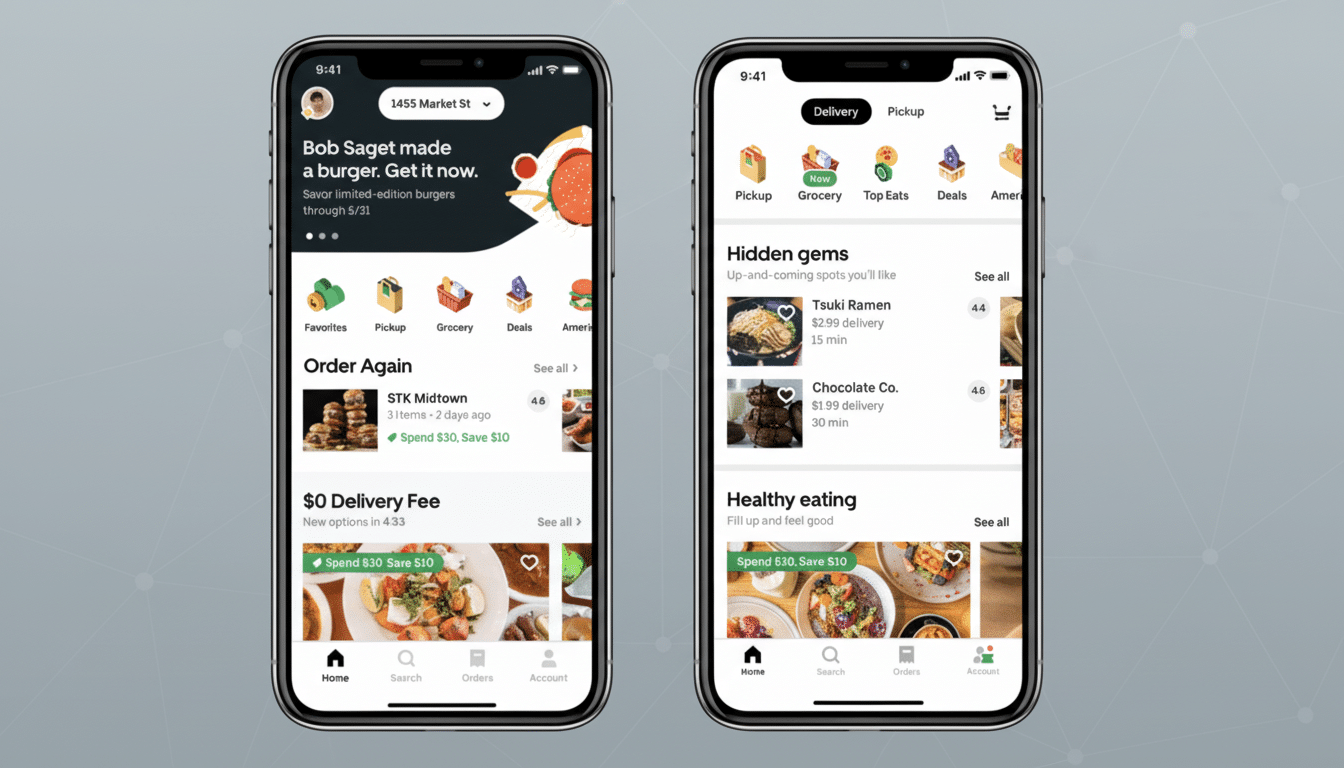A jarring video of a food courier, fleeing on his e-bike across a Chicago bridge while armed, masked federal agents pursue, makes for the defining image of a new reality for gig workers in the city. Mike Peregudov, a co-founder of the e-bike subscription company Whizz, says the repressive enforcement atmosphere is driving delivery workers off the streets — and he’s seeing it in his company numbers.
“Whizz’s Chicago fleet had been growing all through June but in the last week growth completely stalled,” Peregudov wrote in a recent post. Since August, when President Donald Trump began threatening National Guard deployments to the city, Whizz estimates its business here has dropped by roughly 8%. Couriers are bringing bikes back in, he added, because they no longer sense a sense of safety in banging out predictable routes.

Whizz did not use delivery workers, but rather rented out e-bikes ridden by its riders working for apps like DoorDash, Uber Eats, and Grubhub. The company enrolls customers with a photo ID, Social Security number and credit card. That legality, noted Peregudov, has not assuaged the concerns of documented or undocumented immigrants who are afraid of being stopped and questioned in the heightened raids.
Federal Raids Intensify Fear Among Chicago Couriers
Multiple federal agencies have been seen throughout Chicago in recent weeks, including Immigration and Customs Enforcement and Customs and Border Protection, courier advocates say. Civil liberties groups have long reported on cases in which U.S. citizens and lawful residents were rounded up during immigration operations because of data errors or misidentification, a conclusion that was echoed in oversight reports by watchdogs like the Government Accountability Office. For drivers, the risk calculus is straightforward: Even a brief detention can wipe out weeks of income.
“People are afraid to lose time they can’t afford to lose,” Peregudov said, explaining how even if released, couriers in these situations have lost days of earnings and dealt with bike storage and pick-up headaches. The viral bridge video, he said, had condensed weeks of whispered stories into a single viscerally witnessed moment.
E-Bike Metrics Point To A Suddenly Slowing City
Whizz’s internal data reflects anecdotes from restaurants and app users. Instead of increasing in late summer, the Chicago fleet grew flat and subscription churn ticked up. Riders told staff that they would “wait it out,” Peregudov said, and the company saw a surge of returns after the high-profile raids.
Economists who study platform labor say gig supply is especially sensitive to what are seen as safety and enforcement hazards. With pay tied to finished orders — and travel time, which can be low or high depending on the rush of work — gossip alone can change behavior. Gig workers work on thin margins, the UCLA Labor Center and other researchers have found; when uncertainty spikes, many prefer to push pause or mode-switch rather than roll the dice on a full shift.
Ripple Effects, Across Cities And Platforms

One outlier is Washington, D.C., where Whizz has seen a surge in business. Peregudov says that is due to enforcement action, including seizures of gasoline-powered mopeds being used without having been licensed or registered. Because e-bikes are typically treated differently than gas mopeds and, in many cases, do not require a driver’s license, some couriers have shifted to electric bicycles in hopes of avoiding run-ins with the police or federal officers.
This pivot in equipment follows a wider regulatory trend: e-bikes are defined as low-speed machines in numerous jurisdictions while placing registration and licensing requirements on gas mopeds. In an ecosystem where a traffic stop can snowball into an immigration check, the difference matters to riders.
What It Means for Restaurants And Customers
As courier supply thins, delivery apps tend to raise the “peak pay” incentives offered to couriers in order to keep delivering orders — a lever they pulled over and over during similar weather-related disruptions and pandemic-era shortages. Restaurateurs fear that continued inducements and longer delivery times may squeeze margins and alienate regular customers. The Illinois Restaurant Association has said that delivery demand continues to be structurally higher than what it saw before the pandemic, making consistent courier capacity increasingly important to sales.
Chicago’s layout adds another wrinkle. Riders report that they are avoiding neighborhoods where they had seen checkpoints or rapid-response operations, leading to patchy coverage across neighborhoods. That can extend trips, reduce order efficiency, and increase the probability of app deactivations due to late deliveries — another reason some couriers are taking a step back until conditions stabilize.
Safety, Documentation And The Road Ahead
Peregudov, an immigrant himself, has not made his views clear on the wider politics. Rather, Whizz is directing riders to legal services through community organizations, encouraging them to carry documentation, and offering rudimentary safety training. Worker centers and nonprofit groups including the National Immigration Law Center have issued guidance on what to do during encounters with enforcement officials.
For now, the delivery ecosystem in Chicago seems to be stuck between that customer demand and a dwindling supply of riders who are willing to take the risk. Whizz anticipates that its local comeback will follow the sense of safety as much as the raw economics. Until the crackdown eases, or workers feel comfortable that they can pedal without hassle, many of the city’s familiar delivery bags will remain parked.

